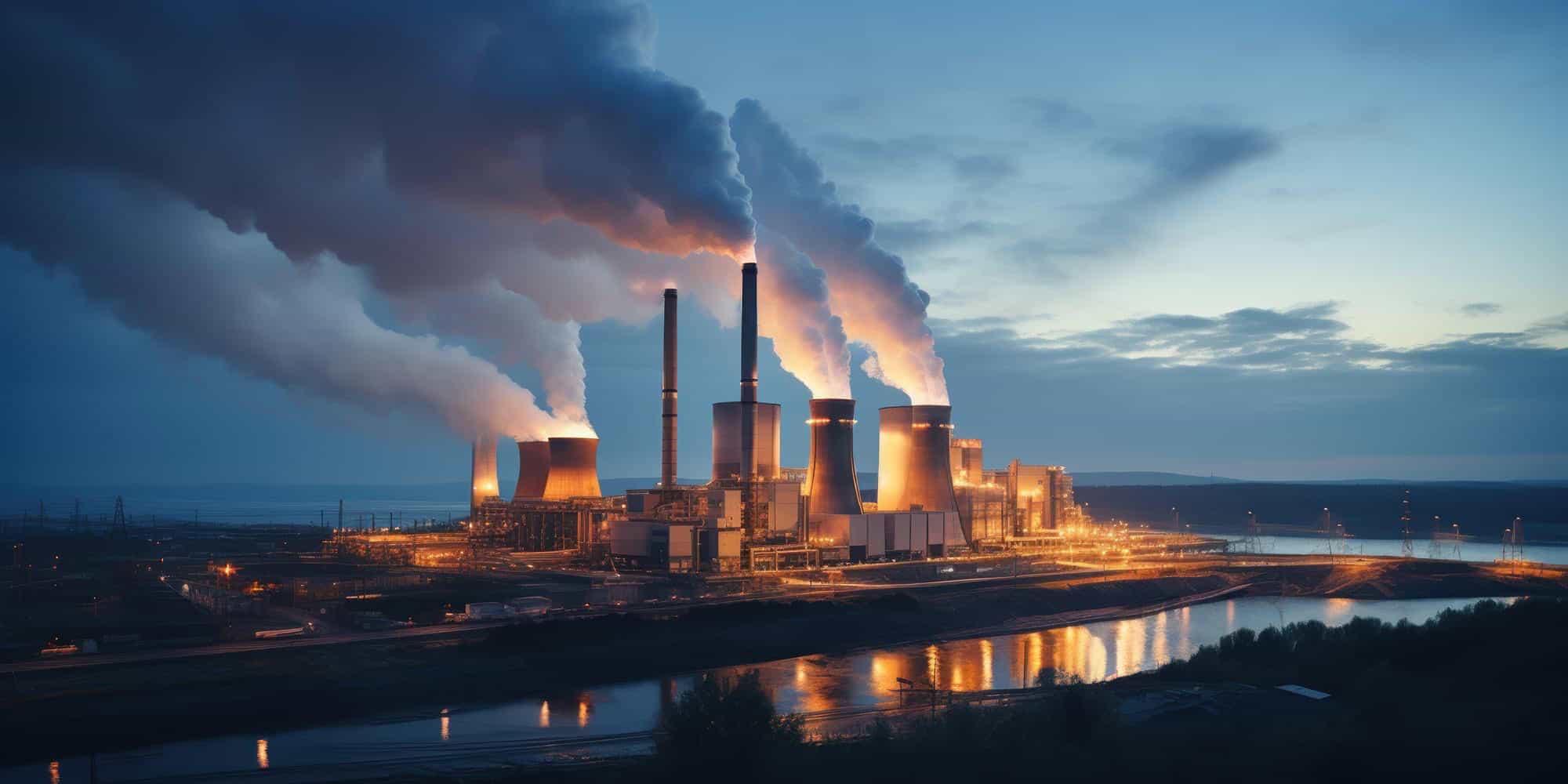
Nuclear energy. Just the word conjures up images of mushroom clouds and radioactive wastelands. But is nuclear power really the environmental villain it’s often made out to be? The answer, like most things in life, isn’t so simple. Let’s dive into the pros and cons of nuclear energy to help you form your own opinion.
A Double-Edged Sword: The Risks and Rewards of Nuclear Power
The Chernobyl disaster in 1986 serves as a permanent scar on the history of nuclear power. This accident caused widespread radioactive contamination and highlighted the catastrophic consequences of a meltdown. It’s a constant reminder of the potential dangers of nuclear fission, the process that powers these plants. Another major concern is nuclear waste. The radioactive materials produced by nuclear power plants take thousands of years to decay, leaving a legacy of waste for future generations to deal with. Safe storage and disposal of this waste remains a significant challenge.
But Wait, There’s More! The Potential Benefits of Going Nuclear
Despite the risks, nuclear power offers some significant advantages. Unlike fossil fuels, nuclear power plants don’t produce greenhouse gases like carbon dioxide, a major contributor to climate change. Studies suggest nuclear power has actually prevented millions of air pollution-related deaths worldwide. This clean energy profile makes it an attractive option in the fight against climate change. Furthermore, unlike solar or wind power, nuclear plants are what’s called “baseload” power plants. This means they can generate electricity 24/7, regardless of weather conditions. Solar panels need sunshine, and wind turbines need wind, but a nuclear reactor can keep the lights on no matter what Mother Nature throws at it. This stability is crucial for powering our modern world.
Learning From the Past, Building a Safer Future
Nuclear technology has come a long way since Chernobyl. Modern plants are built with advanced safety features, multiple containment barriers, and robust emergency protocols. Countries like India and the UK are constantly working to improve safety and public health measures surrounding nuclear facilities. Scientists are also gaining a deeper understanding of radiation and its effects, allowing for the development of more advanced safety measures and waste management solutions.
The Bottom Line: It’s a Balancing Act
Nuclear power is a complex issue with no easy answers. There are valid concerns about safety and waste disposal, but the potential benefits for a clean energy future can’t be ignored. The key is to have an informed discussion, weigh both sides of the argument, and strive for continuous improvement in safety, waste management, and regulatory frameworks.
Thinking Beyond the Debate: The Future of Nuclear Energy
The debate around nuclear power is just one piece of the complex energy puzzle. As we move towards a cleaner energy future, we need to consider a variety of options, including renewable sources like solar and wind power, energy efficiency measures, and even advancements in battery technology to store renewable energy. Nuclear power may not be the ultimate solution, but it could be a crucial part of a multifaceted approach to tackling climate change and ensuring a sustainable energy future.
Navigating the Energy Landscape: How We Can Help
Whether you’re a pro-nuclear advocate or still on the fence, navigating the legalities of the energy sector can be tricky. The global energy landscape is constantly evolving, with new regulations, technologies, and market forces emerging all the time. If you’re in the energy industry and need help navigating these complexities, or want to move your business forward in this ever-changing environment, we can help. We have a wealth of experience in the energy sector and can offer the guidance you need to stay informed, compliant, and competitive.
Let’s Talk Energy!
Nuclear power: friend or foe? The answer depends on who you ask. But by understanding the issues and having open discussions, we can move towards a cleaner and more sustainable energy future. Contact us today and let’s talk about how we can help your energy business thrive in this ever-evolving landscape. Together, we can find solutions that power a brighter tomorrow.


Recent Comments